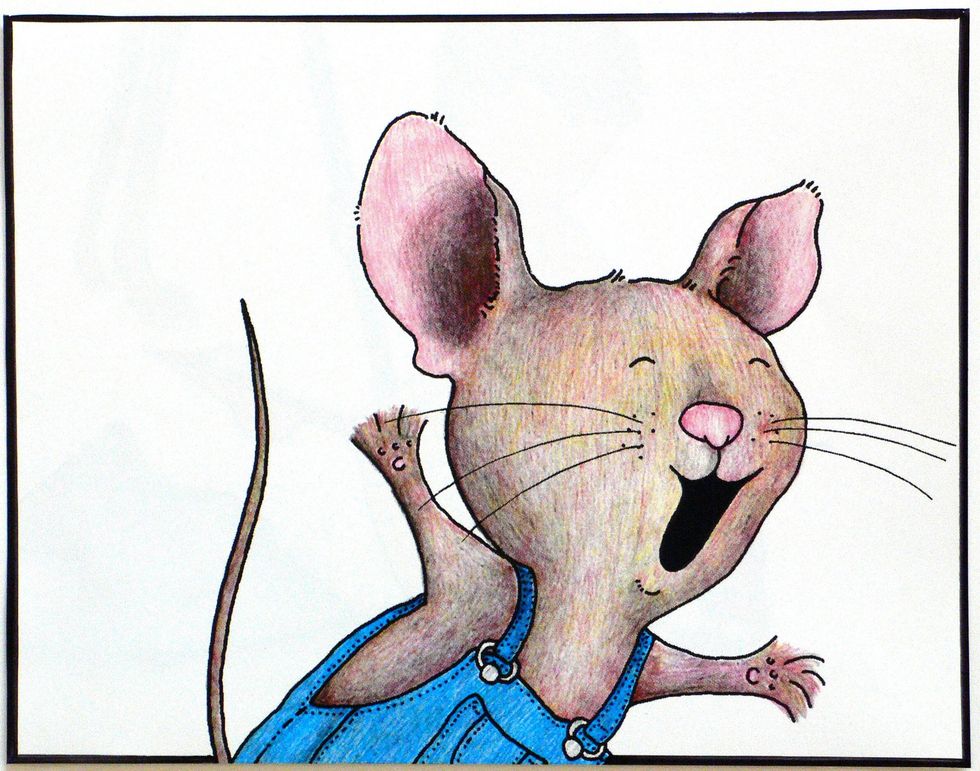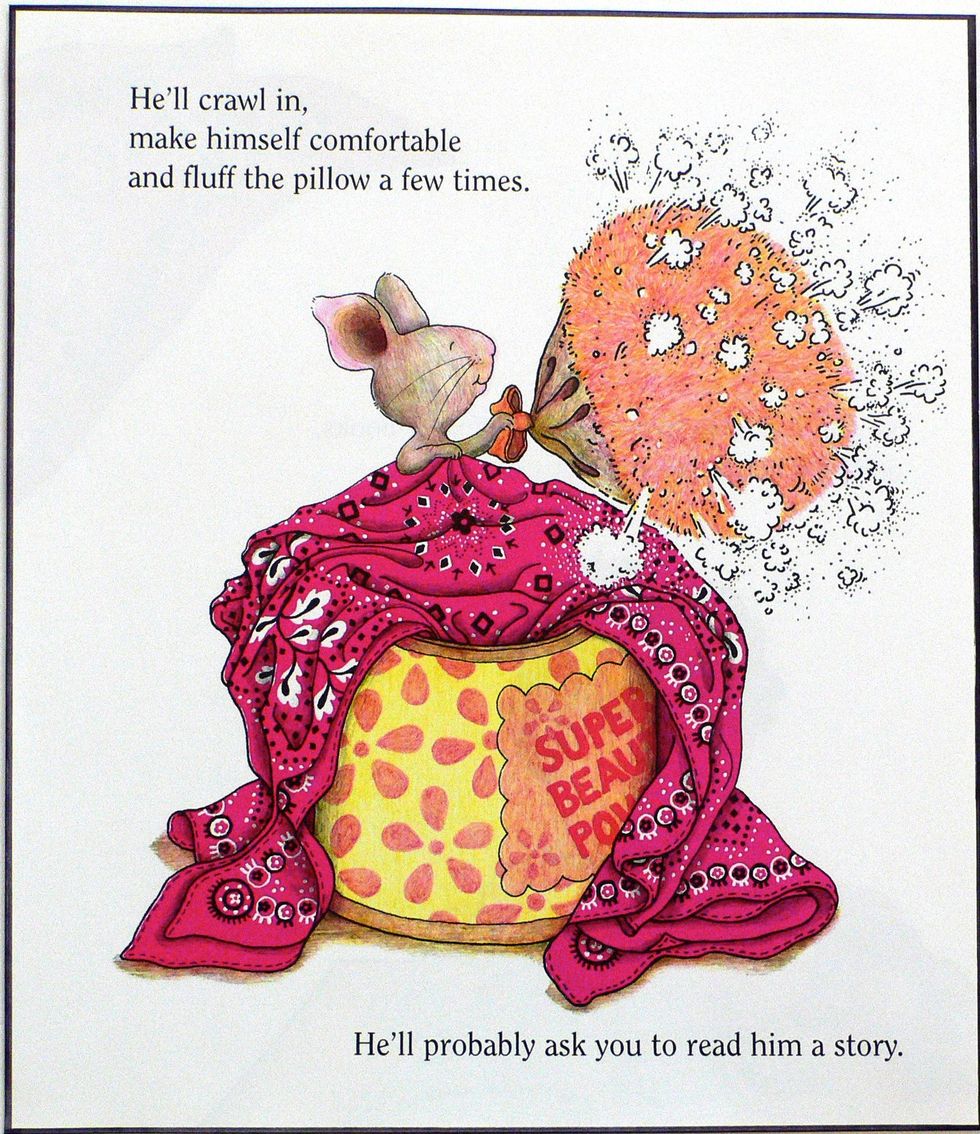The problematic nature of using God’s favor as a rationale in war time is that either side could easily argue the point. Scripture is often clear on a specific issue when read with appropriate exegesis and context. Even so, there are many times when Scripture can be twisted and has been twisted. The United States' descent into civil war split entire congregations and families. In one article, it is difficult to summarize the whole of the issue in Christian circles, so the focus of how the church handled the civil war and the issues surrounding will be in the context of a few denominations. The Methodist tradition will be mentioned but not the sole focus. Throughout this article it will become clear that much of the Methodist Church never supported slavery and the black church in the United States gave cause for their slave owners to be frightened because of the radical nature of the Great Awakenings.
Before the Free Methodist tradition was called “Free,” there was the Methodist Episcopal Church. Founded in 1794, the MEC pushed for the freeing of slaves because of the influence of men and women like Wesley. Many obliged but with the increased demand for cotton, the cooperation flittered and faltered. The economic demand outgrew the moral fiber of the church. It has been and was an official church tenant that pastors must refrain from owning slaves. The Southern economy produced an argument for slavery with a loving approach with passages from the Torah and Philemon used as support. The MEC actually split into a northern and southern church because of the issue of slavery. Culturally the churches were very different.
An area that raised considerable concern for the average white Southern church attender was the rise of the black church in the South. There was no one unified church but a general desire to call upon God and grow spiritually. This terrified the white slave owner because of the possibility of insurrection. In Virginia, Nat Turner’s revolution is a perfect example of the extreme possibility of revolution. Nat Turner, a slave turned leader, led a revolt against the slave owners by convincing blacks and some whites to stop the oppression of the Serpent by rising up against him. These kinds of revolts and fears of whites must be understood in the context of the Great Awakenings. The country was highly energized and volatile due to the enormous backlash against institutions and the established educated order. The idea of freedom from rule, breaking from a top down authority, was becoming very popular. Turner latched onto these ideas and used this power for revolution.
The 1830s through the 1850s were times when visions and prophecy were becoming a common theme in the lives of laymen. Nat Turner claimed to have visions in which he saw the slaves of the United States standing up and crushing the head of the Serpent . He wrote that he "heard a loud noise in the heavens” and that “the Spirit instantly appeared to me and said the Serpent was loosened”. Nat reported that he was the one who had to fight the Serpent and Christ himself gave the order to him. This kind of determination and “Holy War” mentality led him to rise up and kill 60 people. Though their insurrection was put down in two days, the impact was felt throughout the country. Turner was hanged, decapitated, and left unburied. This backlash from the black community gave plenty of ammunition to the racists who believed the blacks were “dangerous” or in need of placement. Of course the issue raged on until and past the Civil War. Though slavery was abolished, the country and the church still see its effects even today.
The major significance that this kind of history plays out is the sad reality of the modern day. Many Christians still view blacks as people who are unruly and untrustworthy. Not only is this incredibly destructive to society, it negates all that the Gospel stands for. The Church’s unwillingness to agree on basic principles found in Scripture, such as the equality and imago dei of all peoples, it is no wonder that people would look at our Christ and wonder why he would be worth following. On the alternative end, the battle of Nat Turner’s time has no case in terms of Just War Theory. The improbability of a victory was so high there would be no chance that victory would have been possible. It does cause me to wonder what might have happened had the entire black population risen up.
A side issue is the ideas that were born out of the Great Awakenings. This notion that anyone with a Bible could rise up and take up the cross with “prophetic” determination bothers me and to this day does not sit well with me. Persons of the Christian faith may see themselves to be the voice of God whose hands can do no wrong but this kind of arrogance within Christianity will inevitably implode. Any system, any conjured machine made by humanity, will fall to shame, a shame irreparable. The only longevity of work lies within Christianity. So, regardless of what happens to me, my work is, in a sense, to die and never to kill. By picking up a cross daily, I subject myself to death. I do not claim the title of prophet or high priest. I surrender myself so that Christ’s name might advance. The picking up of a cross is not a metaphor for losing keys or being content when the housing market fails; it is a call to quite literally prepare to die and submit to death for Jesus, no matter the circumstance. We should work to change the world but not through violence. Even the Civil War was a matter Christians were called to abstain from during its time.
There were many dissenting voices in the church against and for slavery. This ultimately led to war and splitting of church and family. A brief look at the Nat Turner revolt and the time surrounding can teach that Scripture can be turned into a weapon. Fueling anger and bigotry, one might use the more contextual passages of Scripture to justify any goal, any war, and any effort with the claim to immunity because of Scripture’s openness to interpretation. As a church in a nation nearing major changes, Christians must offer an opposing view to those who would use God as an excuse to war and to maintain sinful law. Christians can do this and can remain pure in action.




 Photo by
Photo by  Photo by
Photo by  Photo by
Photo by  Photo by
Photo by 















